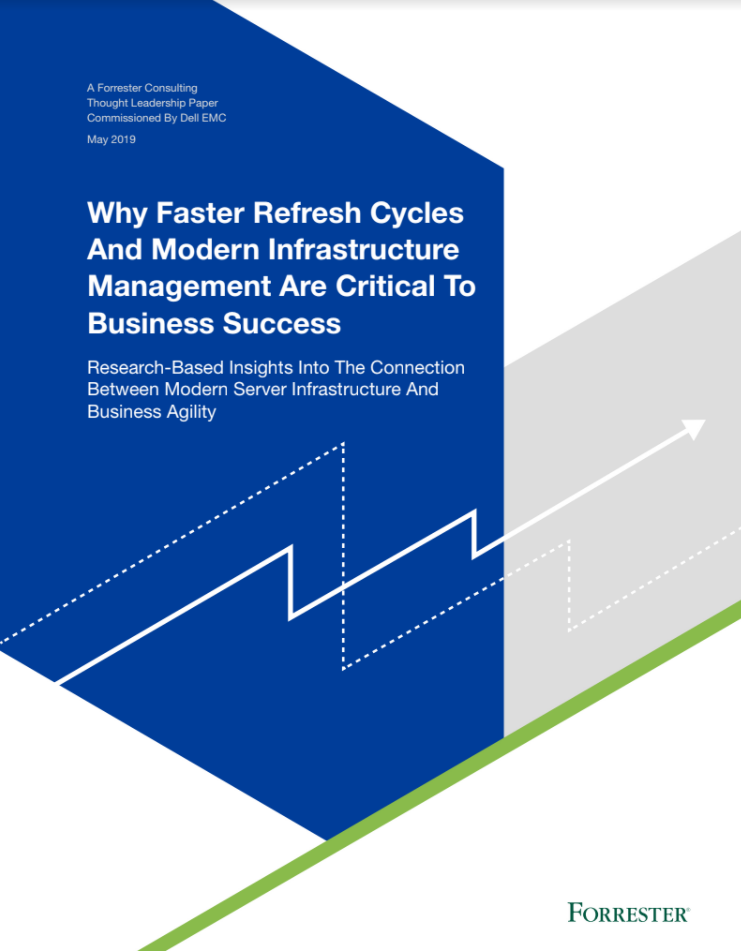Sky Broadband took almost 18 months to fix serious router flaw
Flaw could expose user’s home network to hackers


Sky Broadband took around 18 months to fix a security flaw affecting nearly six million of its routers which could enable home networks to be remotely compromised by hackers.
According to a blog post by Pen Test Partners security researcher Rafael Fini, Sky failed to meet numerous self-imposed deadlines for fixing the issue, and although he acknowledges that at the time, COVID lockdowns were causing major challenges for ISPs such as Sky, he claims the company “did not give the patch the priority their customers deserved”.
The security firm first reported the issue in May 2020, but it wasn’t until the following May that Sky told researchers that the first 50% of affected devices had been patched. Researchers were told that the goal was to complete the rest of the rollout during Summer 2021, and in August, the firm asked BBC journalists to reach out to the ISP in order to convince them to expedite the process. It was until October 2021 when Sky notified Pen Test Partners that 99% of all routers had been updated - 17 months and 11 days since initial disclosure.
“Despite having a published vulnerability disclosure programme, Sky’s communications were particularly poor and had to be chased multiple times for responses,” Fini said. “Only after we had involved a trusted journalist was the remediation programme accelerated.”
When questioned by the BBC, Sky blamed the slow rollout of the update on the large scale of delivery, stating “we take the safety and security of our customers very seriously.”
“After being alerted to the risk, we began work on finding a remedy for the problem and we can confirm that a fix has been delivered to all Sky-manufactured products.”
The flaw in question was a DNS rebinding vulnerability that allowed hackers to use a malicious web page to take control of customers’ routers and enable remote management.
Sign up today and you will receive a free copy of our Future Focus 2025 report - the leading guidance on AI, cybersecurity and other IT challenges as per 700+ senior executives
“With remote management enabled, the attacker could connect directly to the router’s web application and modify any settings, such as setup up a DMZ server or configure port forwarding, exposing the internal home network to the internet,” said Fini.
RELATED RESOURCE

Why faster refresh cycles and modern infrastructure management are critical to business success
The connection between modern server infrastructure and business agility
The flaw affected several Sky Hub and Booster models, particularly those that used the same default admin credentials across all units. Although the randomly-generated admin passwords used by devices such as the Sky Hub 4 could be brute-forced, Fini noted that “a custom password would significantly decrease the chances of a successful attack”.
“The home router is the gateway between consumers and their digital life,” said John Goodacre, professor of computer architectures at the University of Manchester. “DCMS are working to ensure these ‘smart’ devices are more secure, with security built in from the start through their ‘Secure by Design’ policy.”
“Together, an increased consumer awareness of cybersecurity best practices, manufacturers delivering products to be secured by default with the underlying component being secured by design, the tide will turn against the ever-increasing impacts of cybercrime across the digital world.”
Rene Millman is a freelance writer and broadcaster who covers cybersecurity, AI, IoT, and the cloud. He also works as a contributing analyst at GigaOm and has previously worked as an analyst for Gartner covering the infrastructure market. He has made numerous television appearances to give his views and expertise on technology trends and companies that affect and shape our lives. You can follow Rene Millman on Twitter.
-
 Microsoft unveils Maia 200 accelerator, claiming better performance per dollar than Amazon and Google
Microsoft unveils Maia 200 accelerator, claiming better performance per dollar than Amazon and GoogleNews The launch of Microsoft’s second-generation silicon solidifies its mission to scale AI workloads and directly control more of its infrastructure
-
 Infosys expands Swiss footprint with new Zurich office
Infosys expands Swiss footprint with new Zurich officeNews The firm has relocated its Swiss headquarters to support partners delivering AI-led digital transformation
-
 Experts welcome EU-led alternative to MITRE's vulnerability tracking scheme
Experts welcome EU-led alternative to MITRE's vulnerability tracking schemeNews The EU-led framework will reduce reliance on US-based MITRE vulnerability reporting database
-
 Veeam patches Backup & Replication vulnerabilities, urges users to update
Veeam patches Backup & Replication vulnerabilities, urges users to updateNews The vulnerabilities affect Veeam Backup & Replication 13.0.1.180 and all earlier version 13 builds – but not previous versions.
-
 Two Fortinet vulnerabilities are being exploited in the wild – patch now
Two Fortinet vulnerabilities are being exploited in the wild – patch nowNews Arctic Wolf and Rapid7 said security teams should act immediately to mitigate the Fortinet vulnerabilities
-
 Everything you need to know about Google and Apple’s emergency zero-day patches
Everything you need to know about Google and Apple’s emergency zero-day patchesNews A serious zero-day bug was spotted in Chrome systems that impacts Apple users too, forcing both companies to issue emergency patches
-
 Security experts claim the CVE Program isn’t up to scratch anymore — inaccurate scores and lengthy delays mean the system needs updated
Security experts claim the CVE Program isn’t up to scratch anymore — inaccurate scores and lengthy delays mean the system needs updatedNews CVE data is vital in combating emerging threats, yet inaccurate ratings and lengthy wait times are placing enterprises at risk
-
 IBM AIX users urged to patch immediately as researchers sound alarm on critical flaws
IBM AIX users urged to patch immediately as researchers sound alarm on critical flawsNews Network administrators should patch the four IBM AIX flaws as soon as possible
-
 Critical Dell Storage Manager flaws could let hackers access sensitive data – patch now
Critical Dell Storage Manager flaws could let hackers access sensitive data – patch nowNews A trio of flaws in Dell Storage Manager has prompted a customer alert
-
 Flaw in Lenovo’s customer service AI chatbot could let hackers run malicious code, breach networks
Flaw in Lenovo’s customer service AI chatbot could let hackers run malicious code, breach networksNews Hackers abusing the Lenovo flaw could inject malicious code with just a single prompt
